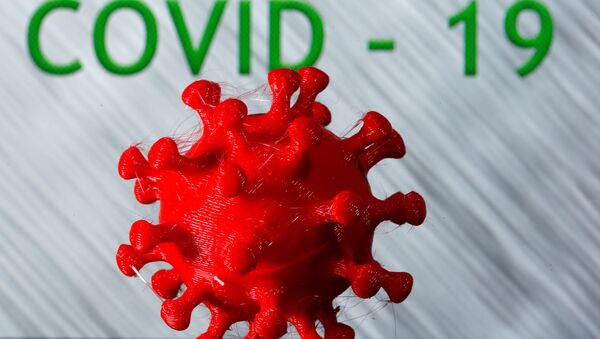“Hyperactivity” in blood clotting cells triggered by Covid-19 could be the cause of heart attacks, strokes, and other serious complications, in patients with the virus, scientists have revealed.
Researchers from the University of Utah found that inflammatory proteins produced during infection alter the function of platelets significantly, making them more likely to form “dangerous and potentially deadly” clots.
The team studied 41 Covid-19 patients hospitalised at University of Utah Hospital in Salt Lake City. In this group, 17 of these were ICU patients, nine of which were on ventilators. The study compared blood from these patients with samples from healthy individuals of the same age and sex.
While analysing the samples, researchers found that SARS-CoV-2, the virus that causes Covid-19, triggers genetic changes in platelets. They discovered that Covid-19 platelets joined together quicker, a process which leads to blood clots. The team also noticed that this process changed how platelets interacted with the immune system.
Robert A. Campbell, Ph.D., senior author of the study and an assistant professor in the Department of Internal Medicine said the findings add “an important piece of the jigsaw puzzle” that is Covid-19.
"We found that inflammation and systemic changes, due to the infection, are influencing how platelets function, leading them to aggregate faster, which could explain why we are seeing increased numbers of blood clots in COVID patients,” he said.
Bhanu Kanth Manne, Ph.D., one of the study's lead authors and a research associate with the University of Utah Molecular Medicine Program said inflammation could be causing the platelets to behave differently.
“In theory, inflammation caused by COVID-19 could affect megakaryocytes, the cells that produce platelets. As a result, critical genetic alterations are passed down from megakaryocytes to the platelets, which, in turn, make them hyperactive.”
The researchers found when they tested platelets from SARS-CoV-2 infected patients who had taken aspirin, the drug prevented hyperactivity. Further studies will need to be taken to confirm aspirin improves outcomes.
"There are genetic processes that we can target that would prevent platelets from being changed," Campbell says. "If we can figure out how COVID-19 is interacting with megakaryocytes or platelets, then we might be able to block that interaction and reduce someone's risk of developing a blood clot."
The team’s report has been published in Blood, an American Society of Hematology journal.




